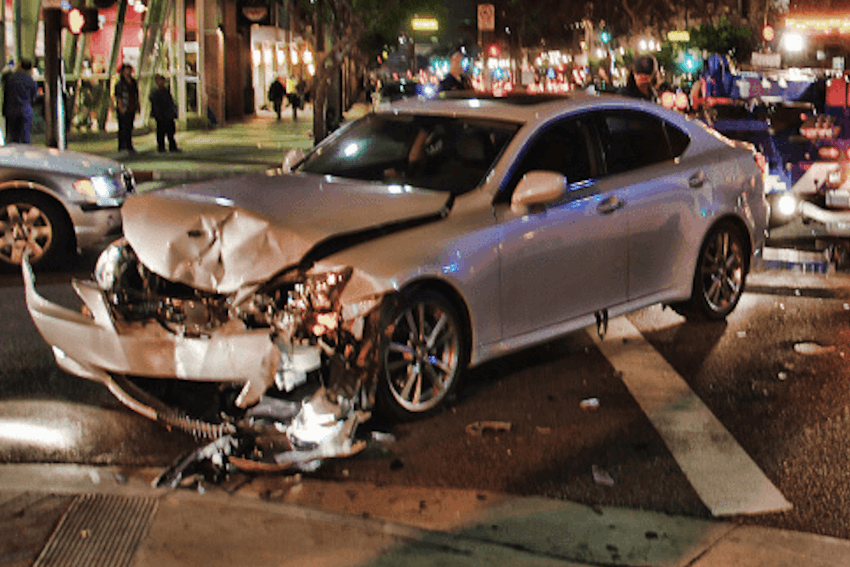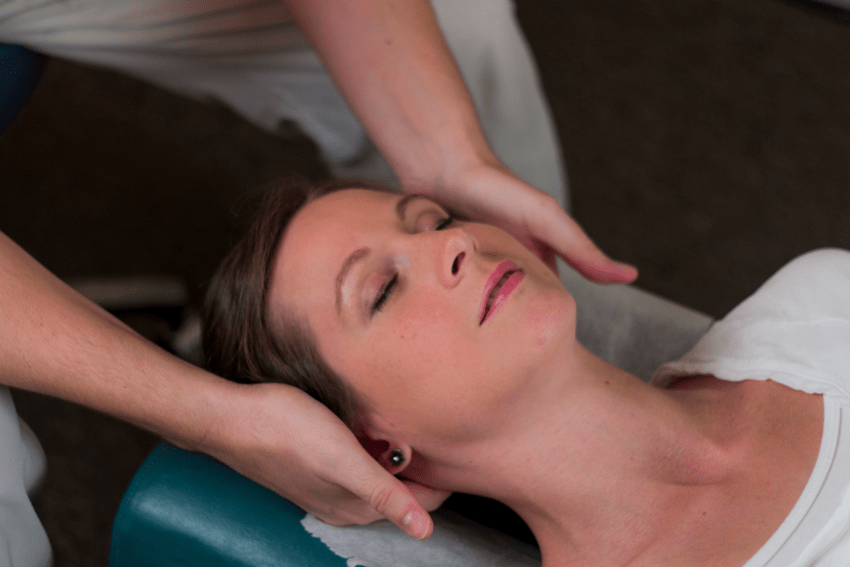Auto Injury Treatment

Auto Injury Treatment
In the aftermath of an auto accident, the journey back to health and normalcy is often fraught with pain and uncertainty. Navigating this road to recovery demands not only time and patience but also the right therapeutic interventions. Among the myriad of auto injury treatment options available, chiropractic techniques stand out for their effectiveness in addressing the musculoskeletal injuries commonly sustained.
Chiropractic Care Helps The Healing Process
Chiropractic care is a specialized medical treatment that focuses on diagnosing and treating musculoskeletal and nervous system disorders. Our approach centers on the body’s innate ability to heal itself when the spine and nervous system are properly aligned. This is particularly crucial for individuals recovering from auto injuries.
How Does It Work?
During chiropractic treatment, our experts employ a comprehensive approach to address auto injury complications:
Advanced Chiropractic Techniques For Enhanced Healing
Chiropractors utilize advanced methods to enhance the body’s natural healing processes. These specialized techniques address pain, inflammation, and mobility challenges caused by auto injuries.

Spinal Manipulation
Restores spinal alignment, reduces pain, and improves mobility, especially effective for whiplash.
Soft Tissue Therapy
Manual techniques that relieve muscle tension, break up scar tissue, and enhance circulation.
Cold Laser Therapy
Uses low-level light to reduce inflammation and promote cellular pain relief.
Spinal Decompression Therapy
Gently stretches the spine to alleviate pressure on herniated discs and reduce pain.
Why Choose Seasons Chiropractic?
At Seasons Chiropractic, we offer cutting-edge chiropractic care in a comfortable and supportive environment. Our team is dedicated to providing personalized treatment for auto injury recovery.
01
Advanced Techniques
We utilize the latest chiropractic techniques, including spinal manipulation, soft tissue therapy, and advanced healing technologies.
02
Personalized Treatment Plans
Each patient receives a customized recovery strategy designed to address their unique injury and healing requirements.
03
Comprehensive Care
Our holistic approach ensures you receive comprehensive support throughout your recovery journey, integrating various therapeutic techniques to maximize healing and restore your well-being.
Schedule a Visit
Seasons Chiropractic and auto accident specialists are especially skilled at assisting patients with car accident injuries like: Concussions, Whiplash, Neck Pain, and Back Pain
